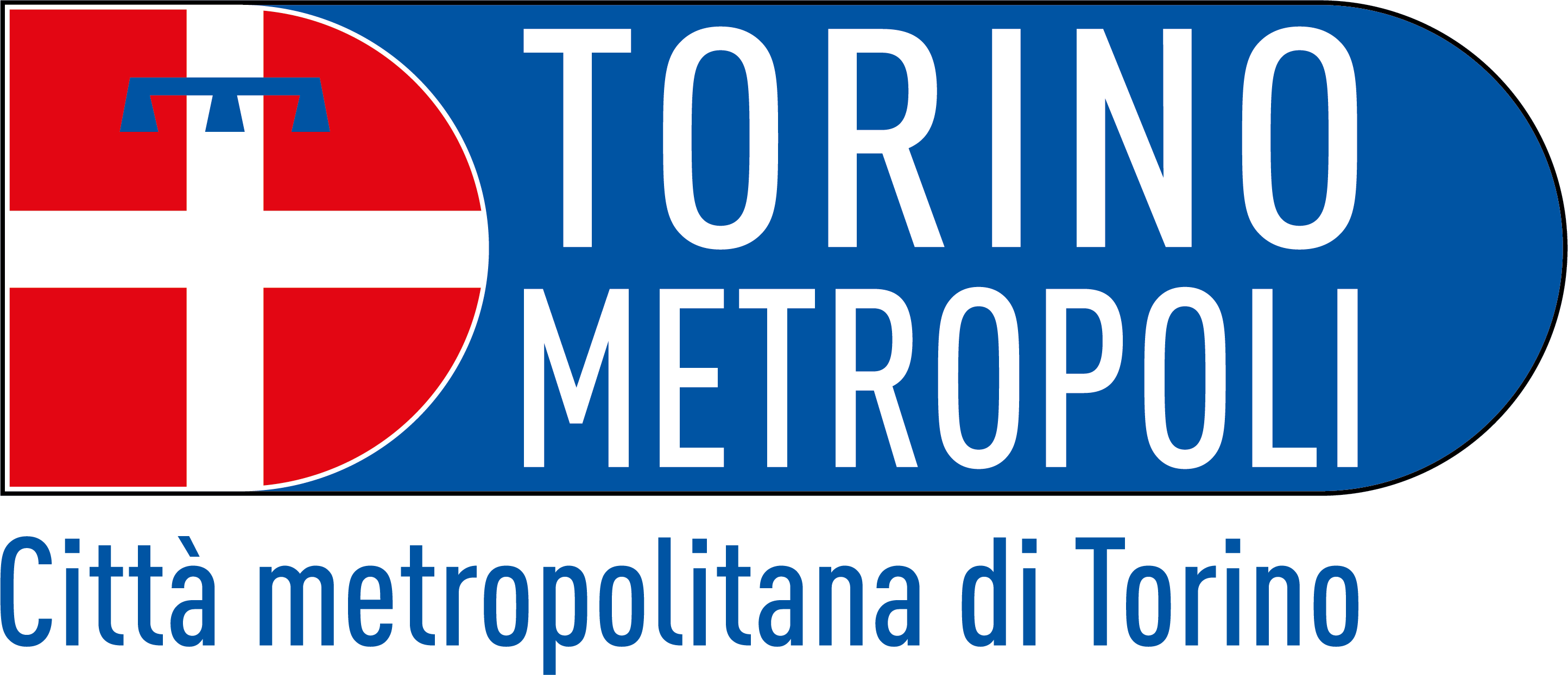There are four reuse models:
- packaging to refill at home;
- packaging to refill on the go;
- packaging that can be returned from home;
- packaging that can be returned on the go.
Regarding packaging to refill at home the reference is especially relative to concentrate refills for house cleaning and personal hygiene, but there are also drink concentrates. Thus, after buying the refill, it is dilute in a specific container. In such way it is possible to have both a reduction in waste production and a cut of costs and emissions due to transportation. Two example of this kind of system are the concetrate detergents for sale at the Negozio Leggero and the detergent tabs buyable on the online site of the Deutsch startup Everdrop.
The case of packaging that can be refilled on the go is probably the most known and developed. It regards containers that the consumer own and can be refilled in pubs and coffee shops, unpackaged grocery stores, detergent distributors, water distributors, etc. On the site beataladifferenziata it is possible to consult the map of reduce and reuse points localised on the territory of the Metropolitan City of Turin, where various shops that sell unpackaged goods are reported.
About the return category, the first strategy is the return from home. In such case the producer or who is taking care of the logistic will collect the empty container directly from the consumer’s house. The most known cases of this model are relative to water bottles, but this practice is also developing for other products (in particular with e-commerce) and in the delivery services sector. Two interesting examples are the startup Loop and the Chinese company JD.com. The latter offers to their consumers the opportunity to chose a reusable box, called Green Box, for the delivery of little and medium size packages, that can be returned once the product is delivered.
The last model is the return on the go. It consists in the possibility for the consumer to return the container of a product directly at the shop where it was purchased, in return for the deposit previously paid. Some examples are liquid soap and detergents canisters, but also bottles, glasses and coffee cups, that are given back to the shop once empty. A practical example is Recup, an initiative born in Germany and now implemented in the whole national territory. Every bar or cafeteria can adhere to Recup, who offers reusable cups that can be borrowed in every shop that joins the initiative in exchange of 1 €, that will be given back once that the cup will be returned in one of the bars. Another project that works with the same logic is Plastic Free Movida, devolep in Turin, for a sustainable nightlife without disposable plastic glasses.
